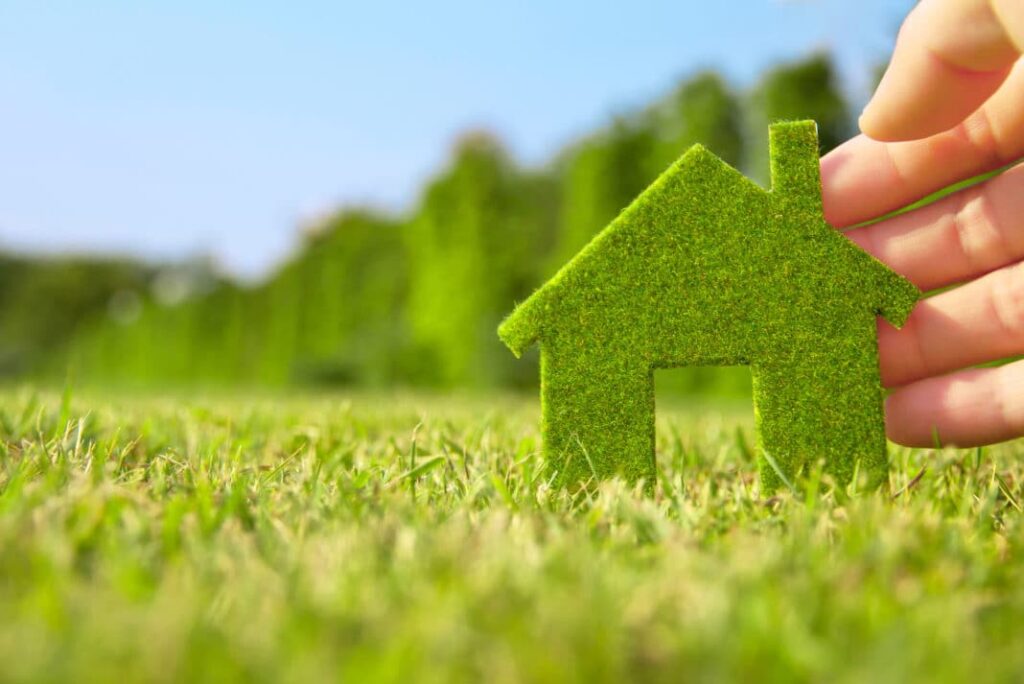Making your home more energy-efficient is a great way to save money and help the environment. Many, however, are apprehensive to start it since they feel overwhelmed.
Reduce your anxiety and know what to do with these tips:
1. Shift to Renewable Energy
If you want to take steps toward a greener lifestyle, the best place to start is with your own energy use. Ask your energy company about investing in renewable sources of energy. By switching from fossil fuels to natural gas or electricity from wind turbines, for example, you can reduce carbon dioxide emissions and shrink your environmental footprint.
If you live in milder climates, you may invest in solar energy. This saves you money on energy bills, especially during the sunny months. In some cases, you can sell the energy back to power companies, resulting in a higher “credit” balance on your bill.
To boost its efficiency, buy a home battery to store excess solar power for times when there is no sunlight. This can be useful during the evening hours, especially on cloudy days.
2. Insulate Well
Proper insulation will ensure that you stay cool in the summer and warm in the winter. With insulation, you can avoid having to depend so much on heating and cooling systems.
Make sure that your home’s roof, basement, crawlspace, and attic are properly insulated to keep energy costs down. Attic insulation upgrades can decrease your energy bill by up to $200 per year.
Use caulk to seal drafts and openings. Caulk is a semi-soft adhesive putty used to seal gaps in a building structure or around any type of fixture. It is used both indoors and outdoors for all types of construction because its adhesion properties make it a versatile household product.
Caulk can be used to reduce the amount of air (and thus energy) that leaks through holes, cracks, and seams in windows, siding, and doors.
You can also invest in double-paned windows for superior insulation purposes. These are windows that have an additional pane between the inside and outside panes of glass to regulate thermal mass.
3. Get New Appliances
Replacing old appliances is another great investment toward energy efficiency. Older appliances tend to be less efficient than newer models due to government regulations mandating higher standards of efficiency on new products.
Purchase dishwashers, ovens, refrigerators, and washing machines with high Energy Star ratings. This ensures optimal performance while minimizing power usage at the same time.
4. Turn Off Electronics
Leaving your television, computer, or home entertainment system on when you are not using it is a big mistake for energy conservation. These electronics stay on standby mode until you press the Start button, which wastes power even if there is no one at home to use them.
The best way to avoid this problem is by unplugging these devices every time after use. You can also opt to purchase new appliances that have an automatic shutdown feature, so they do not stay in standby mode for more than ten minutes.
To ensure that all of your appliances are switched off when they are not being used, plug them into power strips and switch them off after use. This is a more efficient way of turning electronics off because it cuts the power supply rather than just shutting down the appliance’s main switch while still plugged into an outlet.
Power strips also provide extra outlets, so you do not have to keep purchasing new extension cords.
5. Replace Your Lightbulbs with CFLs or LEDs
In the past, compact fluorescent lightbulbs (CFLs) were not as popular because they took a while to warm up. But today’s CFLs are more efficient and last twice as long as traditional incandescent bulbs.
Another option is LED bulbs. These have a much longer lifespan, use less wattage, and provide light that appears brighter than other types of lighting fixtures.
You can take it a step further by buying smart lights. LED bulbs that are programmable via Android or iPhone can save you up to 90 percent on your lighting bills.
6. Use Cold Water When Doing the Laundry
This tip is especially useful when you are running a load of laundry. Instead of using hot water, fill the washing machine with cold water and add detergent when the clothes are already in the tub, and then wait for it to finish before transferring them into the dryer or hanging them up to dry.
Using cold water instead will not only save energy and money but also prevent your clothes from fading faster.
Conservation is a great, inexpensive way to save money and help the environment at the same time. By following these six simple tips, you will be able to cut down on your energy usage in no time.
Meta title: Top Tips to Make Your Home More Energy-Efficient
Meta desc: You can make your home energy-efficient in no time. Conserve energy and save money with these six simple tips.
